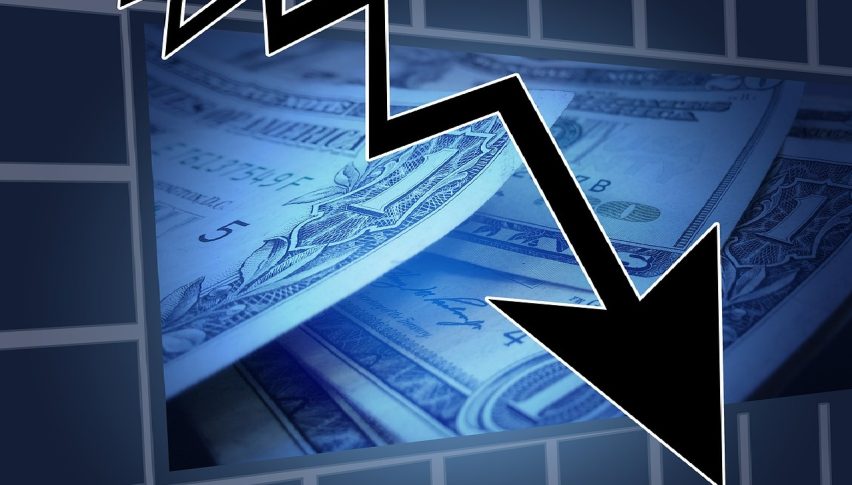Tupperware Declares Bankruptcy and Shuts Down Global Operations
Ultimately, the company was unable to modernize its business model or recover from the economic shocks of recent years.

Quick overview
- Tupperware filed for bankruptcy in September 2024, burdened by over $800,000 in debt and closing its global offices.
- The company's financial struggles began in 2019 and were exacerbated by the COVID-19 pandemic and the war in Ukraine.
- Despite attempts to restructure under Chapter 11, Tupperware failed to regain investor confidence, leading to a significant drop in its stock value.
- After more than 70 years of innovation in food storage, Tupperware could not adapt to modern retail trends, marking the end of an iconic brand.
Burdened by more than $800,000 in debt, the iconic plastic food container company Tupperware filed for bankruptcy in the United States in September 2024 and closed its global offices.

The decision came after a failed attempt to reposition itself in the market and amid mounting financial pressures.
Founded in the 1940s by chemist Earl Tupper, the company revolutionized food storage with its airtight containers and rose to global prominence through its innovative direct-sales model—famously known for “Tupperware parties.” But after more than seven decades, that sales approach became outdated, and the company struggled to adapt to modern retail trends.
Debt and External Shocks Triggered Collapse
Tupperware’s financial troubles had been mounting since 2019. The COVID-19 pandemic and the war in Ukraine further eroded profits by severely disrupting supply chains and driving up the cost of key raw materials such as resin.
In an attempt to stay afloat, the company filed under Chapter 11 of the U.S. Bankruptcy Code, a mechanism that allows debt restructuring to help businesses continue operating. However, the move failed to restore investor confidence, and Tupperware’s shares plummeted more than 50% following the announcement.
Ultimately, the company was unable to modernize its business model or recover from the economic shocks of recent years, leading to the shutdown of its international presence and the end of an era for one of the most recognized household brands in the world.
- Check out our free forex signals
- Follow the top economic events on FX Leaders economic calendar
- Trade better, discover more Forex Trading Strategies
- Open a FREE Trading Account
- Read our latest reviews on: Avatrade, Exness, HFM and XM